The Truth About Micromanagement and Accountability: A Lesson for High-Achieving Women
Written by: CJ Stasik
As women navigating high-powered careers, balancing multiple roles and striving for excellence in everything we do, we’re all too familiar with the pressure to get everything perfect. Whether you’re running your own business or climbing the corporate ladder, the desire to maintain control can sometimes lead to micromanagement—both of others and ourselves.
But here’s the truth: micromanagement stifles growth, creativity, and trust. As women, we often fall into this trap because of the societal expectations placed on us. We’re conditioned to believe that in order to achieve success, we must do it all and do it perfectly. This mindset, however, can be detrimental not only to our own well-being but also to the people we lead and the teams we manage.
The Micromanagement Trap
At first, micromanaging may seem like the solution. When things are done your way, you feel like you can rest assured that the job will be completed to your standards. But this belief ultimately undermines your leadership. It leaves little room for team members to grow, take ownership, or feel empowered to make decisions. And it drains you, too.
For high-achieving women, especially those in leadership roles, it’s easy to think that staying involved in every detail is necessary to keep things running smoothly. The truth is, micromanagement may temporarily boost your sense of control, but it prevents your team from reaching its full potential. It can also lead to burnout and stress, which we’re all too familiar with in our busy lives.
Accountability: The Key to Empowerment
So, what’s the alternative? Accountability. Accountability is about establishing clear expectations and trust, not controlling every action. It’s about fostering an environment where your team knows exactly what’s expected of them and feels empowered to take responsibility for their tasks. As a leader, it’s your job to set the vision and strategy, then step back and allow your team to execute.
Empowering others with accountability doesn’t mean relinquishing control completely. It means guiding your team with the trust that they have the skills and initiative to get the job done. With accountability comes a culture of collaboration and self-reliance, and that’s where true growth happens.
How to Shift from Micromanagement to Accountability
- Set Clear Expectations: Let your team know exactly what needs to be done and the results you expect, but give them the freedom to determine the best way to achieve those results.
- Focus on Outcomes, Not Processes: Let go of the need to control every step of the journey. Focus on the end goal and support your team in finding their path.
- Encourage Open Communication: Foster an environment where your team feels comfortable discussing challenges and asking for support, rather than feeling like they’re being scrutinized.
- Trust, Then Let Go: Trust your team’s expertise and step back. You hired them for a reason—let them do their work.
Micromanagement vs. Empowerment
The difference between micromanaging and fostering accountability is simple: one leads to dependency and burnout, while the other cultivates growth and empowerment. As women in high-powered careers, we need to embrace the power of letting go. By holding ourselves accountable to trust our teams, we create more space for innovation, productivity, and personal well-being.
As you navigate your own journey, remember this: You don’t have to do it all yourself. Trusting those around you and empowering them to own their roles will allow you to achieve greater success and lead with confidence.





